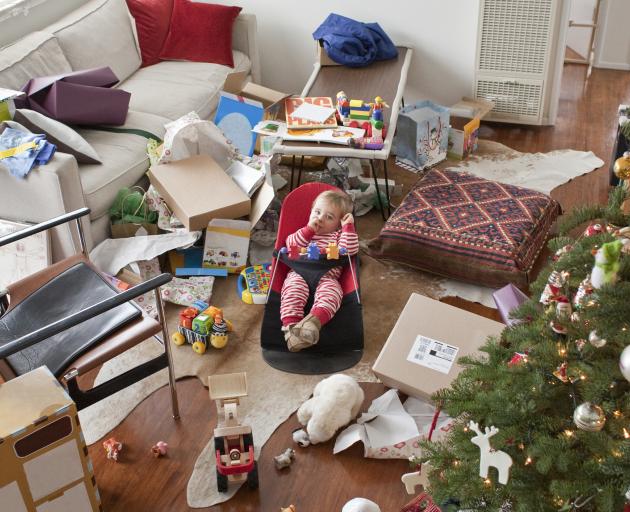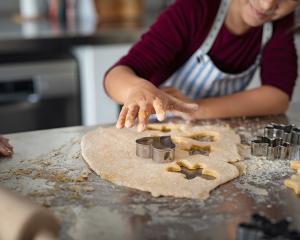

Keeping the house tidy can seem never-ending even at the best of times. Add children to the mix and it doesn’t just seem never-ending, it is.
Tidiness and children don’t naturally go hand-in-hand. You have to work at it. And often it’s just easier to do it yourself. But that’s a trap.
It can be hard for some but, for peace of mind, we have to determine what’s an acceptable level of untidiness we can live with in each area of the house, knowing that, in time, the untidiness will eventually pass — even if it’s 15 years after they’ve left home.
If we want tidy, we have to have an accessible place where toys, or anything else, can be stored and have developed a routine of having stuff put away in that place.
Keep expectations reasonable in the early stages of tidiness training — allow them to watch us put things away and then get them to help. Follow, later, with quite specific instructions.
"Please put your blocks in the box and your books on the shelf" rather than "please put your things away".
For a start it will be hit and miss but, with appreciative comments from us, most will get some satisfaction from a job well done.
Training can extend beyond toys. Get them to help put the groceries away. Have a laundry bag or bin in their room and encourage its use.
We need to think about how our household works, think a few years ahead about what we’d like to see happen and then be a little creative — for example, stuff gets a rinse and goes straight into the dishwasher and not on the bench above it.
I know of one family that established this general though not rigid rule when the children were older of having something go out of the house when something new came in — and not just for the children!
And another useful trick. If they’re heading somewhere and they pass something that should be stored where they’re headed, then they pick it up and take it with them.
Once tidiness becomes a habit for a little one, you stand some chance of it being a habit, more or less, when they’re 15. Although if one parent lacks the "tidiness gene" it can make maintaining general tidiness somewhat of a challenge if they’re not modelling it, too.
When you think about it, being tidy in a communal situation, whether the home or a student flat, is a form of respect for those you live with.












